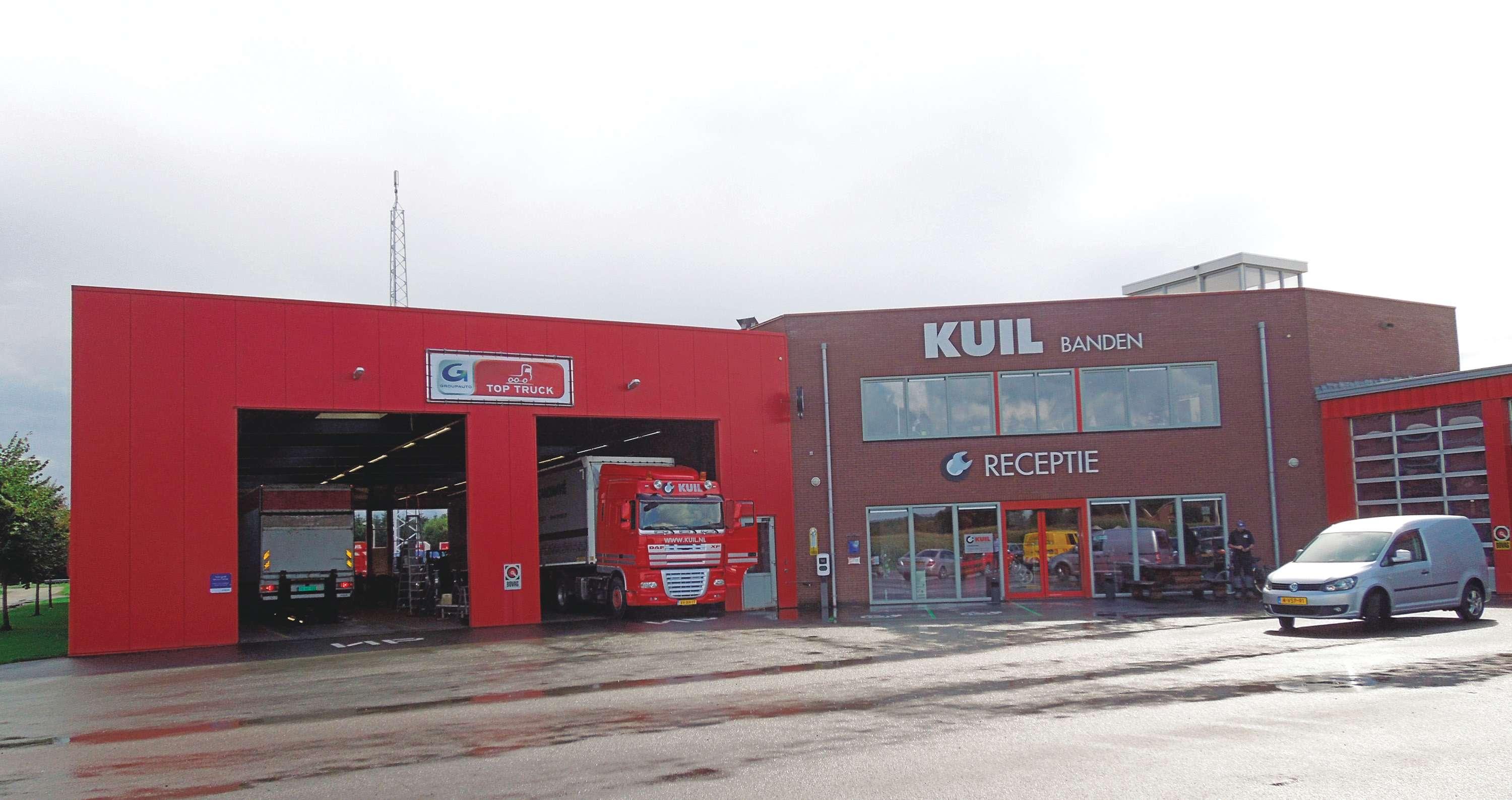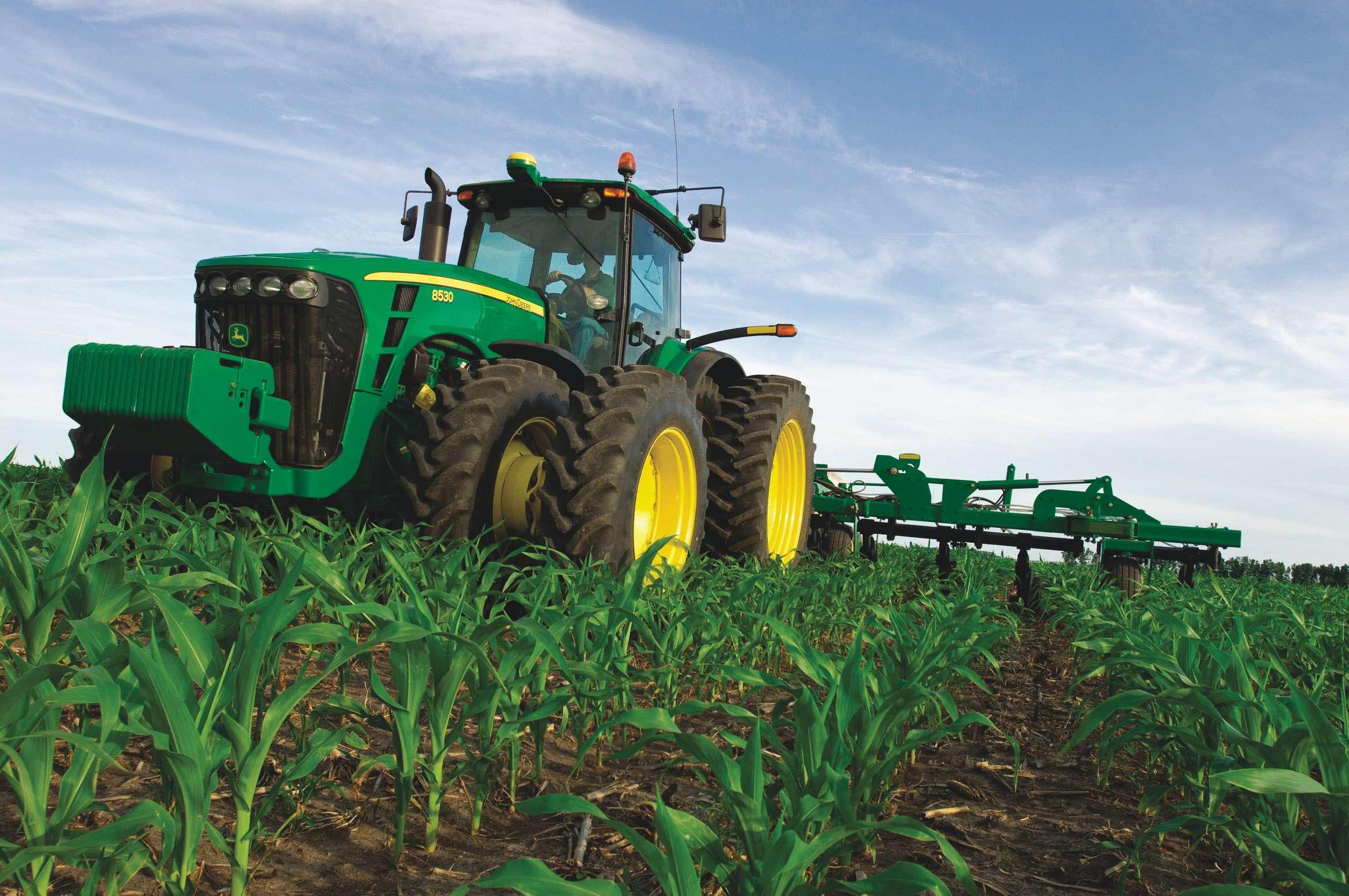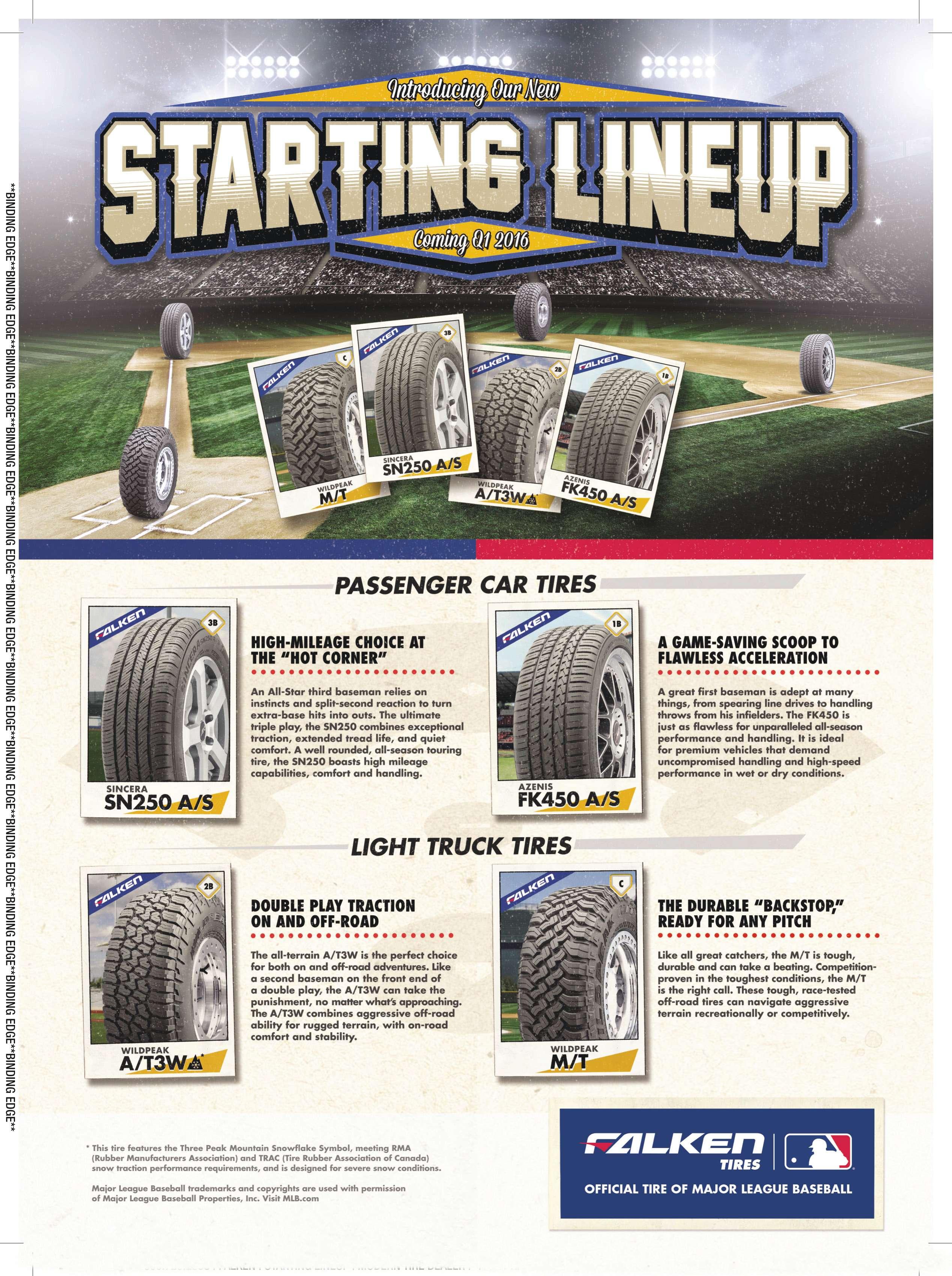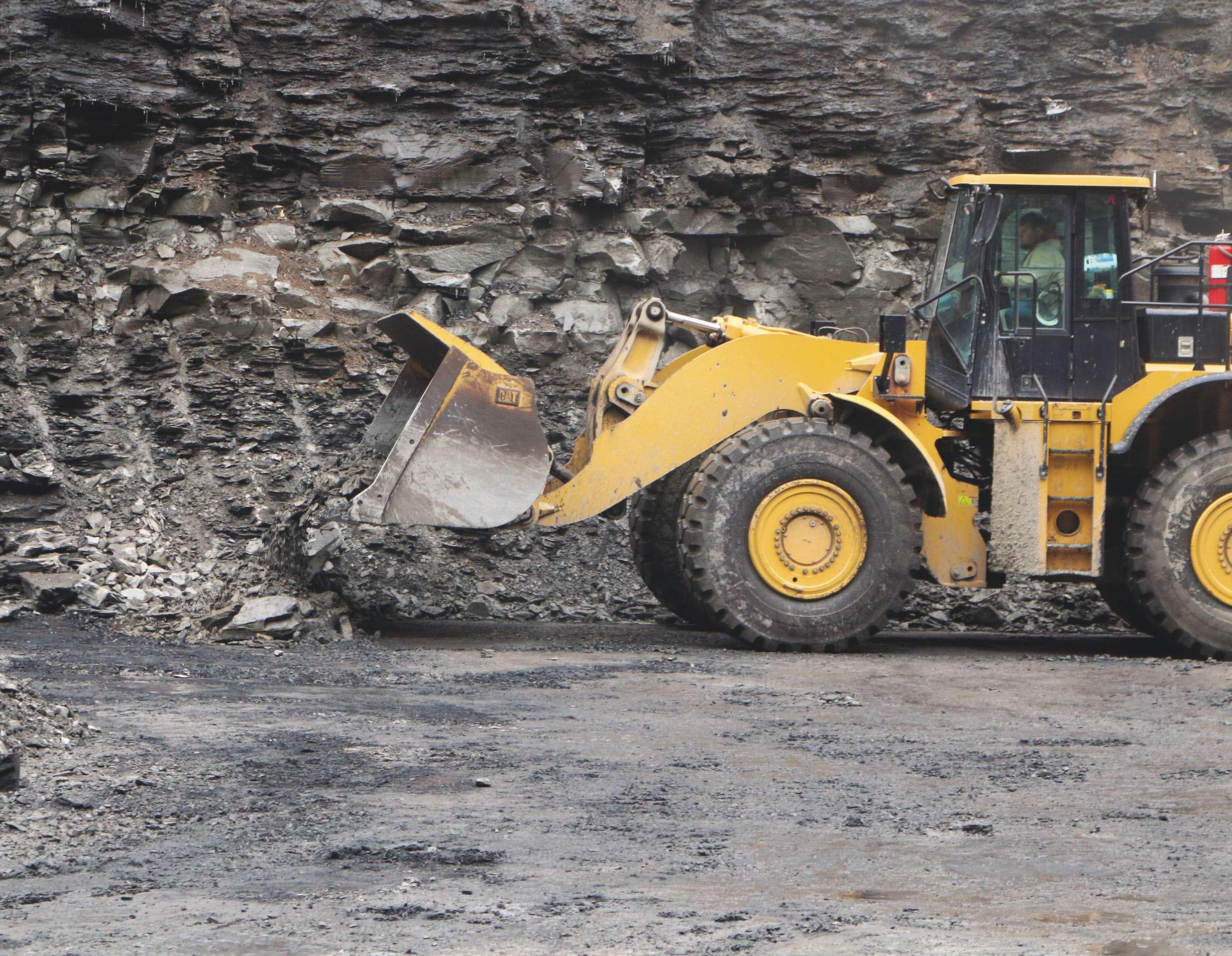
7 minute read
A look at

from Modern Tire Dealer - December 2015
by EndeavorBusinessMedia-VehicleRepairGroup
A look at India’s JK Tyre
Chairman stresses technology and social responsibility
By Bob Ulrich
When Dr. Raghupati Singhania, chairman and managing director of JK Tyre & Industries Ltd., was inducted into the Tire Industry Hall of Fame in November, he was not alone. His elder brother, Hari Shankar Singhania, who died in 2013, was with him in spirit. So were late family members dating back to the early part of the 20th Century, including his grandfather and great-grandfather.
“As a group, we are known as JK Organisation,” says Singhania. “It is 125 years old. We are involved in a host of Indian businesses. Automotive tires is one of them, but they also include paper, cement, agri-genetics seeds, some cosmetics, wool and textiles, rubber, automotive products and dairy products.”
Singhania, 69, and his elder brother started JK Tyre in 1974. Te company operates seven tire plants in India that can produce close to 27 million passenger, light truck, truck/ bus, farm and OTR tires annually.
In 2008, the company acquired Mexican tire manufacturer CIA Hulera Tornel. Its three plants have the capacity to produce nearly 8 million tires annually, including 5.5 million radial passenger tires. Total sales are expected to reach $1.7 billion in fscal 2016.
Under the younger Singhania’s leadership, JK Tyre pioneered radial technology in India beginning in 1977. He also established six state-of-the-art research and development centers, fve in India and one in Mexico.
Technology is the key to the company’s growth, according to Singhania.
“Since we entered this business, the biggest change, to my mind, has been the advancement in technology in everything we do. It starts with manufacturing, producing or puting the tire together with highly automated equipment, practically untouched by human hand, more or less. Tat kind of automation is all technology.
(Left to right): H.K. Chopra, advisor – international sourcing and sales; Arun Bajoria, director and president of international operations; Dr. Raghupati Singhania, vice president, J.K. Organisation; Kumar Joshi, executive director; V.K. Misra, technical director; and Anshuman Singhania, vice president – operations.
“We have worked hard on creating a more green product,” says JK Tyre’s Dr. Raghupati Singhania, who was among the 2015 Tire Industry Hall of Fame inductees.
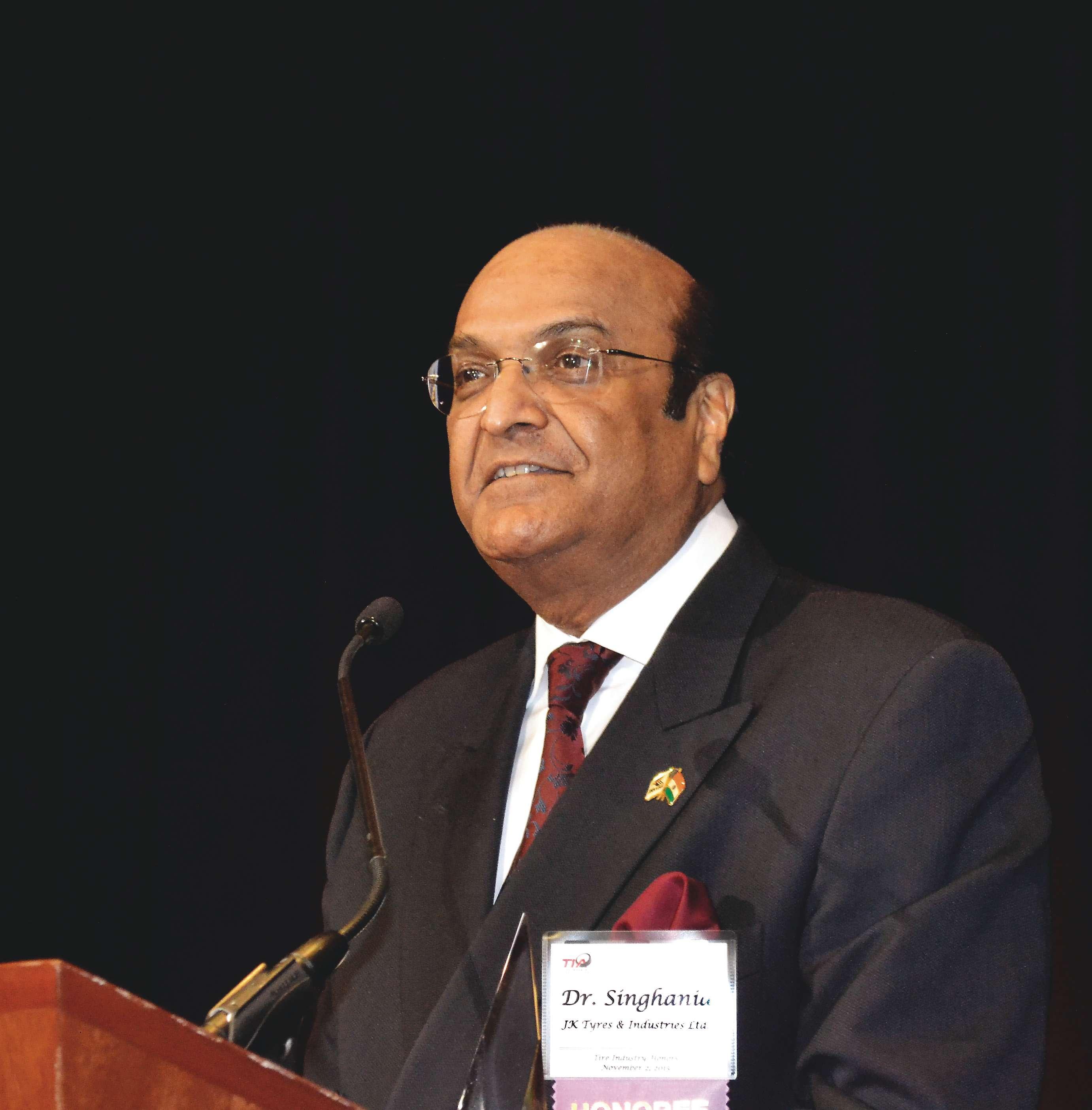
“Ten you move on to sell these products. Again, a large amount of technology is at work. Everything is today accessible on your handheld devices. We are billing our customers and keeping track of the sales data on handheld devices.
“Ten you move on to the movement of goods. Logistics management is high technology at work. You spot where the truck is, you spot each SKU with the barcoding, etc.
Ecologically responsible
Another big change in the company over the years has been the “greening” of not only its manufacturing processes and plants, but also its products.
“Our products have been greened in the sense that now, most of our car tires are running on silica-based compounds and, therefore, have low rolling resistance,” says Singhania. “We also are working on substituting petroleum oils and other petrol items with nanoparticle and biodegradable materials
“Greening the processes involves power conservation and power management. We are using more renewable energy when we can, whether it be solar or wind. We also have started conserving water and other energy. For instance, a number of our plants have zero water discharge — not a drop of water leaves the plant.”
JK Tyre also is “greening the environment.” Tat involves planting trees around all the plants. More than 160,000 trees
have been planted as part of what Singhania calls a “sustainable tire customer satisfaction. Along the way, Singhania wants to forestation” program. take care of his employees, something his grandfather believed cally superior but more expensive radial tires instead of bias tires was difcult. this steel hoop? How is it going to give me more mileage? How What the future holds JK Tyre wants to make more of an impact in the U.S. as it continues to expand into other countries. But it wants to concentrate on emerging markets frst.
“We have identifed three emerging markets for us,” says Singhania. “Latin America is one of them. So is Southeast Asia, countries like Myanmar, Te Philippines, Tailand and Indonesia. And Africa. We are looking for opportunities in all these areas. If and when they come up we will do something about it, either acquire a plant or set up a Greenfeld facility, depending on the opportunity.
“We tried hard in China, but I must say, we couldn’t succeed. I have gone there at least 20 times, and have personally seen 45 plants. And we negotiated, did due diligence on two or three companies. It didn’t work out. Finally, I mentally gave up and said ‘Forget China. Let’s go to other low-cost countries in Southeast Asia.’
Becoming the largest and most proftable tire company in India also is a goal. In addition to increasing production capacity to serve the domestic replacement market, JK Tyre supplies tires to vehicle manufacturers. In the most recent J.D. Power Asia Pacifc Study, it was ranked No. 1 in original equipment was essential when running a business.
Radial vs. bias “Tree years back, we started a university that is involved JK Tyre has been at the forefront of radializing tire producwith technical education in terms of science and engineering tion in India. Tat includes truck and bus tires. for our workers. “We take some credit for bringing the change in because “On the grass roots level, we have been involved with we began producing passenger and truck radials back in ‘77,” illiteracy. We fnd that particularly, women are the biggest says Singhania. “Te passenger tire market is almost 100% victims of illiteracy. We have a program for adult literacy and radialized in India now. And truck and bus radials are 35% have been able to help almost 60,000 women across our plants to 40% radialized today; within the next two years, it will be to get basic literacy, basic knowledge of the three ‘Rs.’ We’ve 65% radialized.” also extended it in one of the jails in south India, educating the jail inmates. Teir criminal tendencies come from a lack of education. Did you know? “In the feld of healthcare, we run clinics all over the country, and we also run a major hospital in Delhi, In 2013, Dr. Raghupati Singhania which is a multidisciplinary hospital. We set it up about 16 years ago. Apart from running this hospital, received the “Inspirational Leader we have healthcare programs across our plants, where we conduct medical camps for eye care and general of New India” award. checkups.” JK Tyre also sponsors self-help groups for women and motorsports involvement for children who show an To that end, JK Tyre is spending more than $200 million to “You must do all that is possible to improve their quality of expand radial production at its Chennai plant in southern India. life through healthcare, education, sports, etc.,” says Singhania. Singhania says convincing consumers to buy the technologi“It is ongoing.” ■ “I remember they ridiculed us at frst. Tey said, ‘What is 10 plants, 100 countries will it ensure a beter ride? How will it ensure beter turning JK Tyre’s radial production and braking?’ You had to change the mind set of people apart is on the rise from simply educating them. And we have done a lot of that JK Tyre & Industries Ltd. oversees 10 tire plants: seven work. At the end of the day, if you have been able to create a in India and three in Mexico. Four of the plants produce market for a new product, it is a very rewarding experience.” radial passenger tires.
aptitude for racing.
Tire production in India 1. Jaykaygram, Rajasthan (bias truck, light truck and farm) 2. Banmore, Madhya Pradesh (radial passenger and light truck; bias truck and farm) 3. Chennai (radial passenger, light truck, truck and bus) 4. Mysore (truck and bus radials) 5. Mysore (light truck and farm radials) 6. Mysore (giant OTR) 7. Laksar (TBR; bias motorcycle and scooter)

Tire production in Mexico 8. Mexico City (bias truck, light truck, farm and industrial) 9. Tultitlan (radial passenger, light truck) 10. Tacuba (radial passenger and light truck)
The company’s tire brands – JK Tyre, Vikrant and Tornel — are sold in more than 100 countries worldwide, including the U.S., and across six continents.
